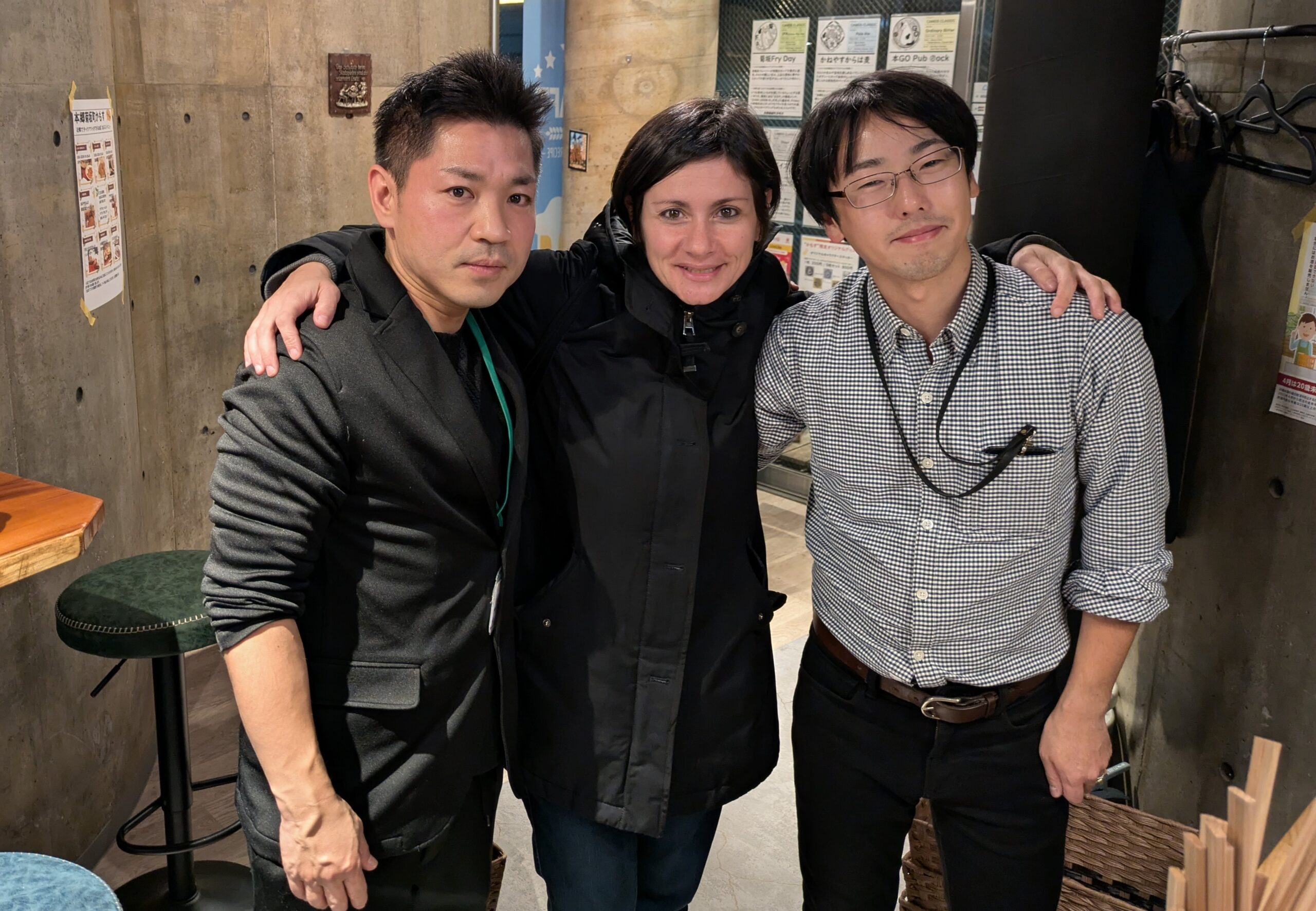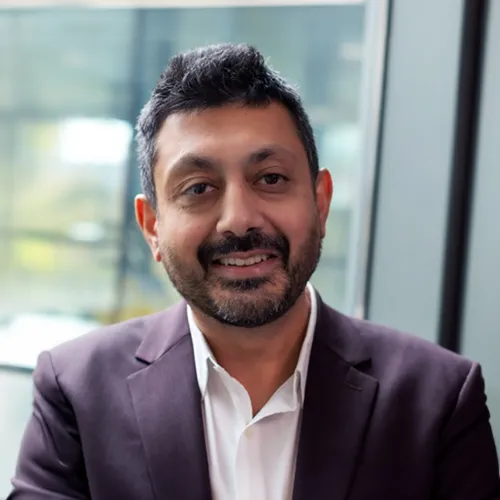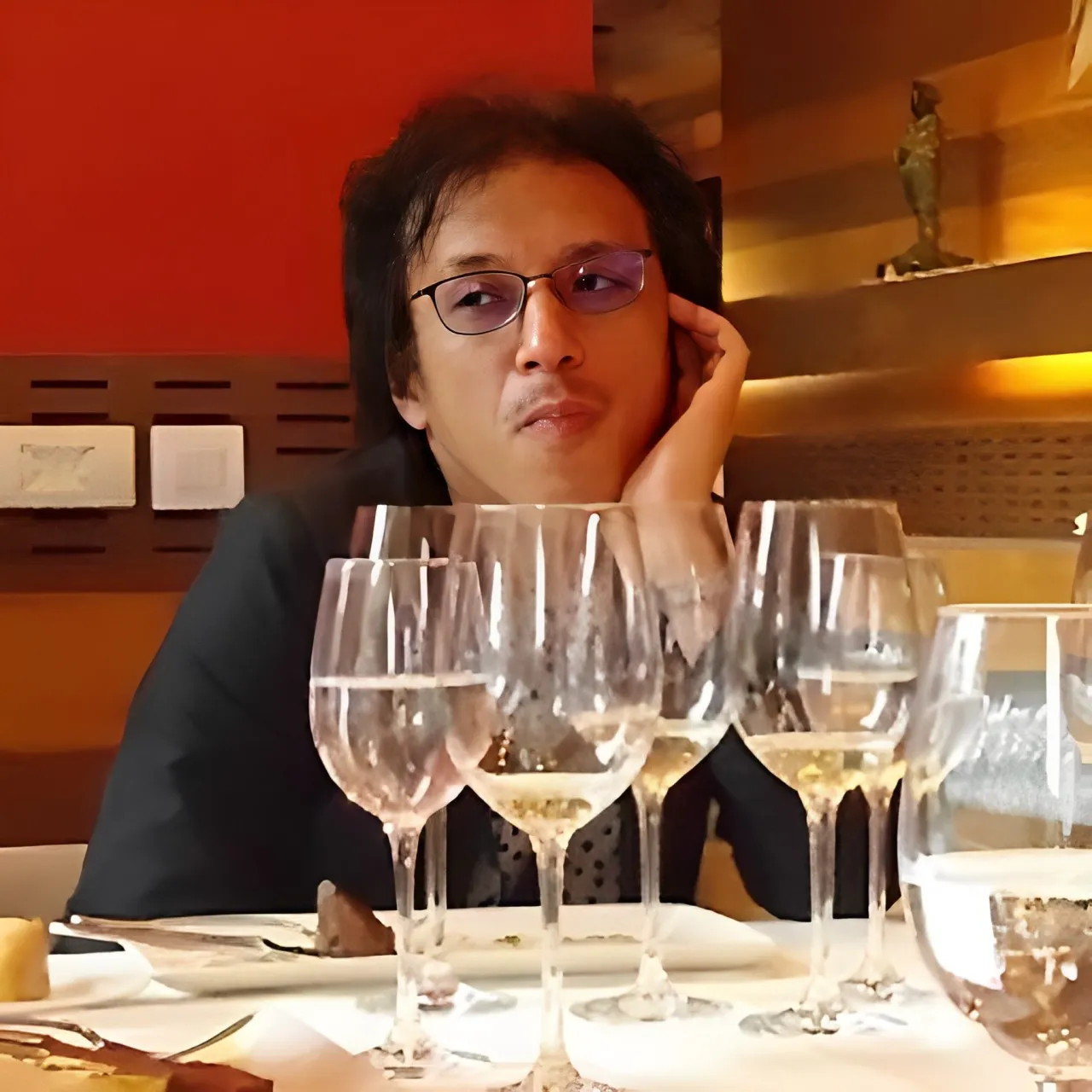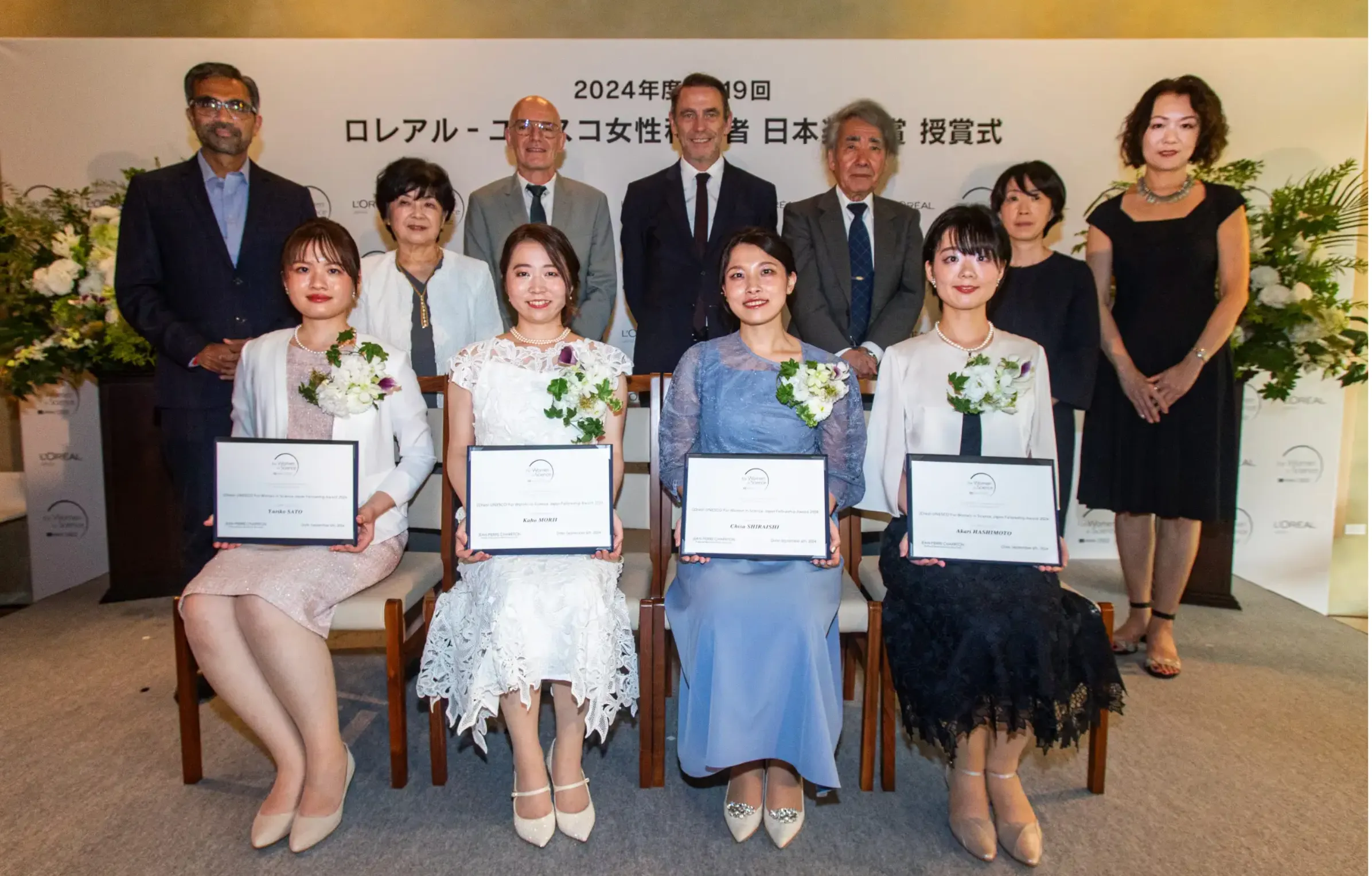

Highlight
Overview
What is ASPIRE Glia?
ASPIRE Glia is an international collaborative research community initiated in February 2024 under the ASPIRE program funded by AMED, aimed “Research on Cellular Structure and Dynamics Contributing to the Provision of World-Class Medical Care.” The goal is to understand glial roles in brain function in development, learning, memory, emotion, and aging. In particular, it promotes international research exchanges among young researchers, linking this understanding to elucidating the pathophysiology of psychiatric, neurological disorders, and developmental disorders caused by glia mediated brain dysfunction.

Members
The community comprises researchers with advanced techniques and diverse backgrounds focusing on glial cells in brain circuits, especially astrocytes, oligodendrocytes, microglia, and immune cells at the brain-peripheral border. Through fusion research among members who continuously publish numerous papers in the top 10% of international journals, we pursue the creation of new science.
International Participants

Professor Baljit S Khakh(Director)
USA, University of California, Los Angeles, Dept Physiology and Neurobiology

Professor Anne Schaefer(Director)
USA/Germany, Icahn School of Medicine at Mount Sinai/Max Planck Institute, Departments of Neuroscience and Psychiatry/Biology of Ageing

Professor Marco Prinz (Director)
Germany, University of Freiburg, Institute of Neuropathology, Neurocenter, Medical Center

Professor Marie-Ève Tremblay
Canada, University of Victoria, Division of Medical Sciences

Assistant Professor Rosa Chiara Paolicelli
Switzerland, University of Lausanne, Department of Biomedical Sciences
Japanese Participants

Professor Hiroaki Wake
Graduate School of Medicine, Nagoya University / Professor, Division of Multicellular Circuit Dynamics, National Institute for Physiological Sciences, National Institutes of Natural Sciences / Specially Appointed Professor, Advanced Institute for Fusion Science, Kobe University

Professor Schuichi Koizumi
Department of Pharmacology, Faculty of Medicine, University of Yamanashi

Professor Takahiro Masuda
Medical Institute of Bioregulation, Kyushu University

Assistant Professor Ryuta Koyama
Department of Pharmacology, Graduate School of Pharmaceutical Sciences, The University of Tokyo

Assistant Professor Yuki Hattori
Graduate School of Medicine, Nagoya University

Team Leader (PI) Jun Nagai
RIKEN Center for Brain Science (CBS), RIKEN

Assistant Professor Yutaro Kashiwagi
Department of Neurocell Biology, The University of Tokyo
Research Content
Our team’s research mainly focuses on the following areas.
Astrocytes: We aim to capture how the signals of astrocytes, which dynamically control brain homeostasis, change due to learning, emotion, and aging using live imaging and omics analysis, and to understand the disease control mechanisms through causal verification by CRISPR gene editing.
Microglia and Immune Cells: We clarify how immune cells, which act as sentinels of the brain environment, contribute to brain formation, particularly their roles in brain vasculature and metabolism, using advanced imaging and omics analysis
Oligodendrocytes: Efficient communication between neurons is indispensable due to the “myelin sheath” formed by oligodendrocytes. We address the issue of what neural activities induce this myelination and how it is impaired from the new perspective of lipids.
Research Achievements
アスパイアグリアでは、国際的に評価される高度な研究成果を多数上げています。
ここではその研究成果をご報告いたします。
Activity Reports
アスパイアグリアは定期的に活動報告書を作成し、研究の進捗状況や新たな発見、学術会議での発表などを共有しています。

■Address
National Institutes of Natural Sciences
Institute for Physiological Sciences
Division of Multicellular Circuit Dynamics
38 Nishigo-naka, Myodaiji-cho,
Okazaki, Aichi 444-8585, Japan


